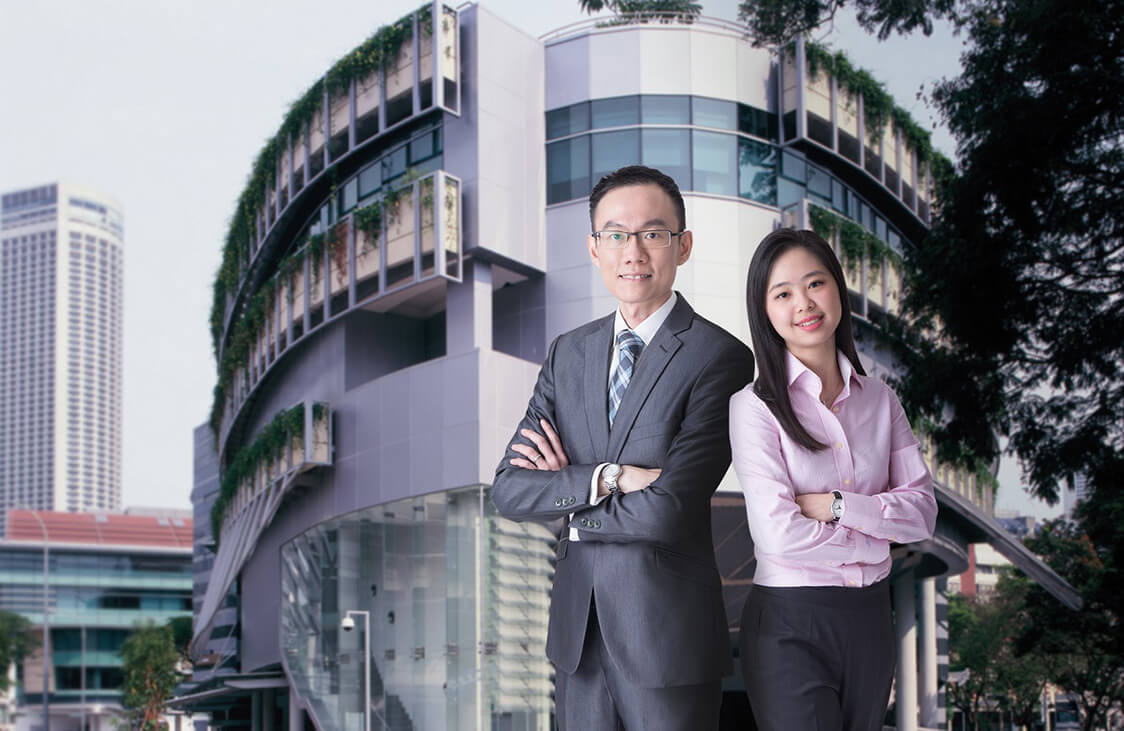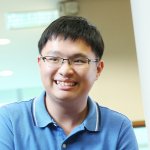By Singapore Management University
It was while Charmian Yeo was studying chemistry for her bachelor’s degree that her career plans first began to head in a new direction.
“I was focused on analytical chemistry and I realised that I was more interested in the maths and numbers underpinning the subject, rather than the chemistry itself,” she says. “So when I considered which job would allow me to work with numbers, it was an obvious decision: accounting.”
Her career choice certainly paid off. In 2017, Charmian started work at one of the world’s largest auditing firms, Ernst & Young (EY).
But the initial challenge for Singapore-based Charmian was how to break into the profession, having not gone down the traditional route of doing an undergraduate degree in accounting.
Fortunately, Charmian found a pathway into accountancy that is specifically designed for people without a qualification in the area: the Master of Professional Accounting (MPA) at Singapore Management University (SMU). “I wanted a grounding in accounting within an industry-focused environment. The SMU MPA allows you to build up your basic knowledge before you get into more advanced topics,” says Charmian.
Students begin the MPA, which can be completed in two years part-time or one year full-time, with courses on the fundaments that underpin how businesses operate. They then take six core accounting courses (such as financial accounting and management accounting) and finally they study three fields within professional services: audit and assurance, taxation, and corporate advisory.
The curriculum at SMU MPA is industry and profession centric, says Fumin Feng, a deputy director at the Monetary Authority of Singapore who, like Charmian, took on the SMU MPA programme.
“I started my career in the MAS finance department after graduating with a business degree,” says Fumin. “While I’ve picked up accounting skills on the job, pursuing the MPA allows me to plug knowledge gaps and gain useful exposure to accounting-related areas such as tax and audit.”
Fumin says he particularly enjoyed the corporate reporting and financial analysis module, facilitated by Associate Professor Wang Jiwei, the programme director of MPA. “We researched a Singapore-listed company, performed accounting adjustments and financial forecasts, and developed our own insights—similar to what a financial analyst would do. These hands-on experiences help prepare MPA students for the assignments they’ll face as industry practitioners.”
An interactive approach to teaching is also infused throughout the MPA, which has been running since 2006 and now has expanded to two annual intakes.
“The classes are small and interactive. We aren’t just spoon fed information and we often have to contribute our views,” says Fumin. “The professors use relevant case studies to facilitate learning and put it into a business context. There are no right or wrong answers—it’s more about getting us to think,” adds Charmian.
Both students say SMU’s faculty bring the subjects they teach to life. “They’re passionate, committed academics and they have practical industry experience—some of them are experienced partners at Big Four firms—so they share insights on current developments in audit and taxation,” says Fumin.
The diversity of the student cohort also helps set the SMU MPA apart. “My classes have part-time students in them too, most of whom are experienced professionals from a range of countries and industries,” says Charmian. “As someone who’s starting my career, I’m learning a lot through getting their varied perspectives on business and accounting.”
The relevancy of the MPA curriculum is evidenced by the accreditation and endorsement it’s received from 10 regulatory, professional and academic bodies, such as the Institute of Singapore Chartered Accountants, CPA Australia, and the Institute of Chartered Accountants in England and Wales.
The degree also goes beyond giving students technical accounting expertise. “Doing regular group presentations definitely helps to improve our presentation skills,” says Fumin. “The professors encourage us to ask them questions—so I’m now used to the type of open communication with senior people that will be crucial when I work for EY,” adds Charmian.
The MPA is also “geared towards getting you a job”, says Charmian, and that’s not just because of the industry-focused course content. Fumin highlights a career networking event in which alumni from several sectors came back to SMU to talk to students about their work.
“They each brought different expertise with them—it was interesting to learn what a forensic accountant does on a daily basis, for example,” says Fumin. “And they didn’t just chat about the technical nature of their jobs; they gave us practical advice about how they entered into their field and the challenges they face.”
Meanwhile, SMU’s career services team can help full-time students secure (optional) internships during their extended winter breaks, subject to employers’ assessment of their suitability.
Charmian took advantage of her break to complete a two-month internship in EY’s audit department for the resource and transportation sector. And she impressed the firm enough to then land a full-time job in the same team, in September 2017. “My internship gave me real experience working in the accounting industry. I wasn’t just given mundane tasks, I was part of the team and could talk directly to the managers,” says Charmian.
Fumin rejoined MAS at the end of his course, in a new role supporting Singapore’s growth as an international financial sector, with a focus on developing the asset management industry. “A good understanding of accounting is necessary to make sense of the information underlying my role. As the financial industry develops and accounting becomes more complex, the skills and accounting fundamentals I’ve gained at SMU will be put to good use,” he says.
At the start of the programme, however, Fumin wondered whether he could cope with the rigours of a demanding Master’s degree, having been away from university for a long time. “It’s definitely not an easy course and it takes a lot of hard work,” he says. “If you’re looking to develop your career in accounting and are prepared to put in additional effort towards that goal, the MPA is the right programme for you.”
This article was originally published on eFinancialCareers.








